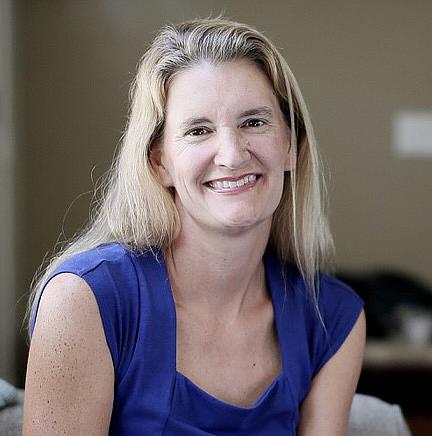Is Social Media Fueling the Youth Mental Health Crisis?
A growing number of experts say social media is a significant factor in the nation’s youth mental health crisis. Children and adolescents readily encounter sexual and violent content, bullying, harassment, body shaming, racism and bigotry on popular platforms, the US Surgeon General and the American Psychological Association recently warned. This fall, 42 state attorneys general sued Meta, owner of Facebook and Instagram, accusing the company of manipulative and exploitive practices that lead some youth to become addicted to its platforms, raising the risk of depression, anxiety, sleep difficulties and other problems. This webinar examines the research sparking broad concerns and the questions science has yet to answer. We’ll also look at the disproportionate harms among girls and youth of color, and at policy efforts to protect young people. Reporters will gain a nuanced understanding of the behavioral, emotional and physical effects of the nearly universal use of social media by adolescents and fresh story ideas for reporting on digital safety.
This webinar is free and made possible by the Kristy Hammam Fund for Health Journalism.
Panelists

Jean M. Twenge, Ph.D., is a professor of psychology at San Diego State University and the author of more than 180 scientific publications and seven books, including “Generations: The Real Differences between Gen Z, Millennials, Gen X, Boomers and Silents—and What They Mean for America’s Future,” and “iGen: Why Today's Super-Connected Kids Are Growing Up Less Rebellious, More Tolerant, Less Happy—and Completely Unprepared for Adulthood.” She frequently gives talks and seminars on generational differences and technology based on a dataset of 39 million people. She holds a B.A. and M.A. from the University of Chicago and a Ph.D. from the University of Michigan.

Jeff Horwitz is a technology reporter for The Wall Street Journal in San Francisco, where he covers Meta and social media platforms. He is the author of “Broken Code: Inside Facebook and the Fight to Expose Its Harmful Secrets,” published in November. His work on the Journal’s series “The Facebook Files” won a George Polk Award, a Gerald Loeb Award, the Christopher J. Welles Memorial Prize and the New York Press Club’s Gold Keyboard, its highest honor. He previously worked as a financial and enterprise reporter for the Associated Press in Washington, D.C. He has also worked for American Banker, Legal Times, the San Bernardino Sun and the Washington City Paper.

Linda Charmaraman, Ph.D., is a senior research scientist at the Wellesley Centers for Women and founder and director of the Youth, Media and Wellbeing Research Lab. Her research interests include social technology and adolescent health, digital citizenship, innovative research methods to include overlooked and hidden populations, and how social identities (gender, race/ethnicity, sexual orientation, political affiliation) affect wellbeing. She is also a consulting expert at The Jed Foundation, a nonprofit that protects emotional health and prevents suicide in youth.
Suggested reading
“Meta Designed Products to Capitalize on Teen Vulnerabilities, States Say,” by Jeff Horwitz, The Wall Street Journal
“His Job Was to Make Instagram Safe for Teens. His 14-Year-Old Showed Him What the App Was Really Like.” By Jeff Horwitz, The Wall Street Journal
“Meta’s Deception’ About Instagram’s Harmful Qualities Alleged in Massachusetts Suit,” by Jeff Horwitz and Georgia Wells, The Wall Street Journal
“Facebook Knows Instagram Is Toxic for Teen Girls, Company Documents Show,” by Georgia Wells, Jeff Horwitz and Deepa Seetharaman, The Wall Street Journal
“Broken Code: Inside Facebook and the Fight to Expose Its Harmful Secrets,” by Jeff Horwitz, Doubleday (2023)
“The truth about teens, social media and the mental health crisis,” by Michaeleen Doucleff, All Things Considered, NPR
“Why Are Teens in Crisis? Here’s What the Evidence Says.” The Ezra Klein Show, The New York Times
“Increases in Depressive Symptoms, Suicide-Related Outcomes, and Suicide Rates Among U.S. Adolescents After 2010 and Links to Increased New Media Screen Time,” by Jean Twenge et al., Clinical Psychological Science (2018)
“Social media gives support to LGBTQ youth when in-person communities are lacking,” by Linda Charmaraman, The Conversation
“Research on teen social media use has a racial bias – studies of white kids are widely taken to be universal,” by Linda Charmaraman and J. Maya Hernandez, The Conversation
“Introduction to Special Issue: Adolescent and Emerging Adult Development in an Age of Social Media,” by Katie Davis, Linda Charmaraman and Emily Weinstein, Journal of Adolescent Research
